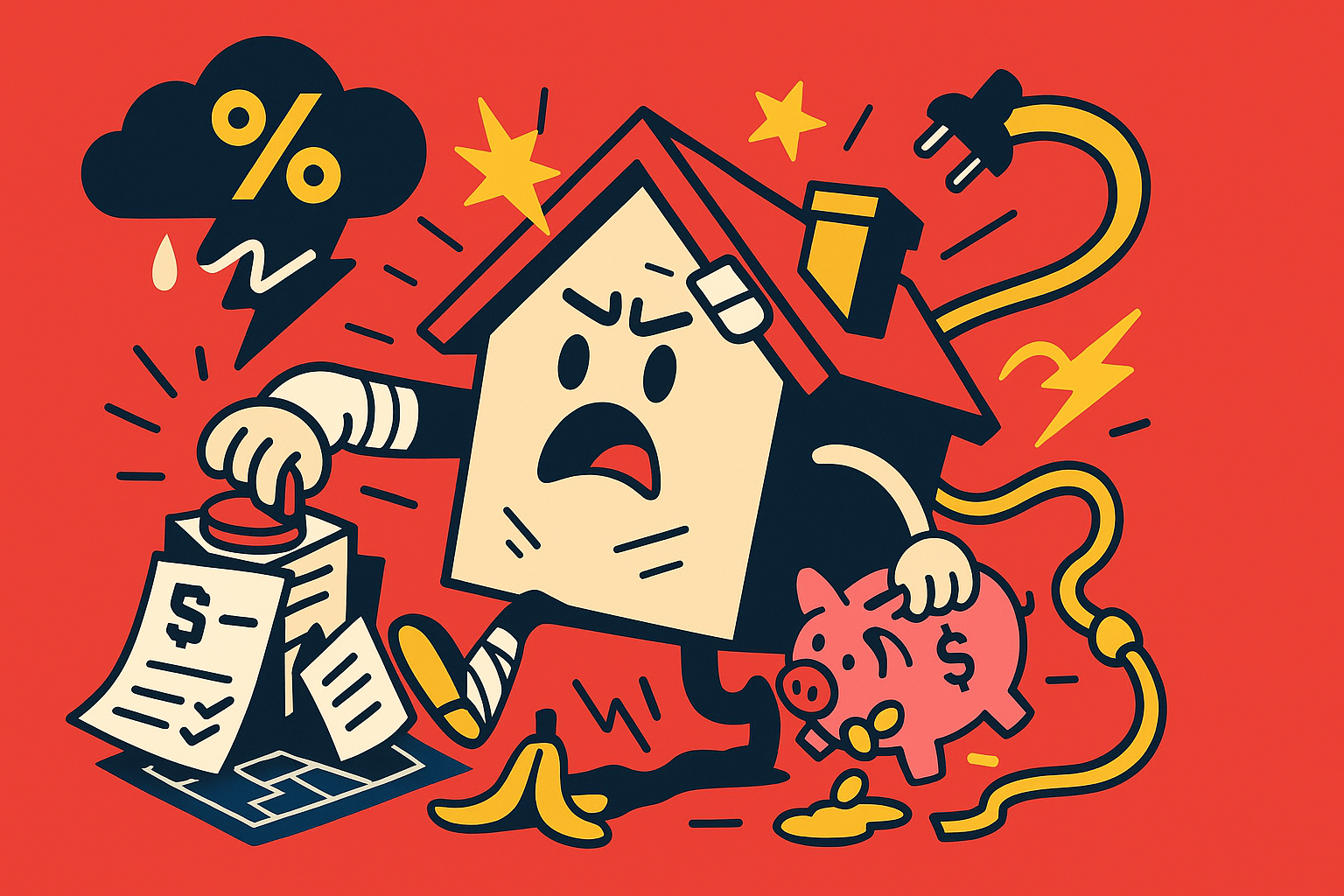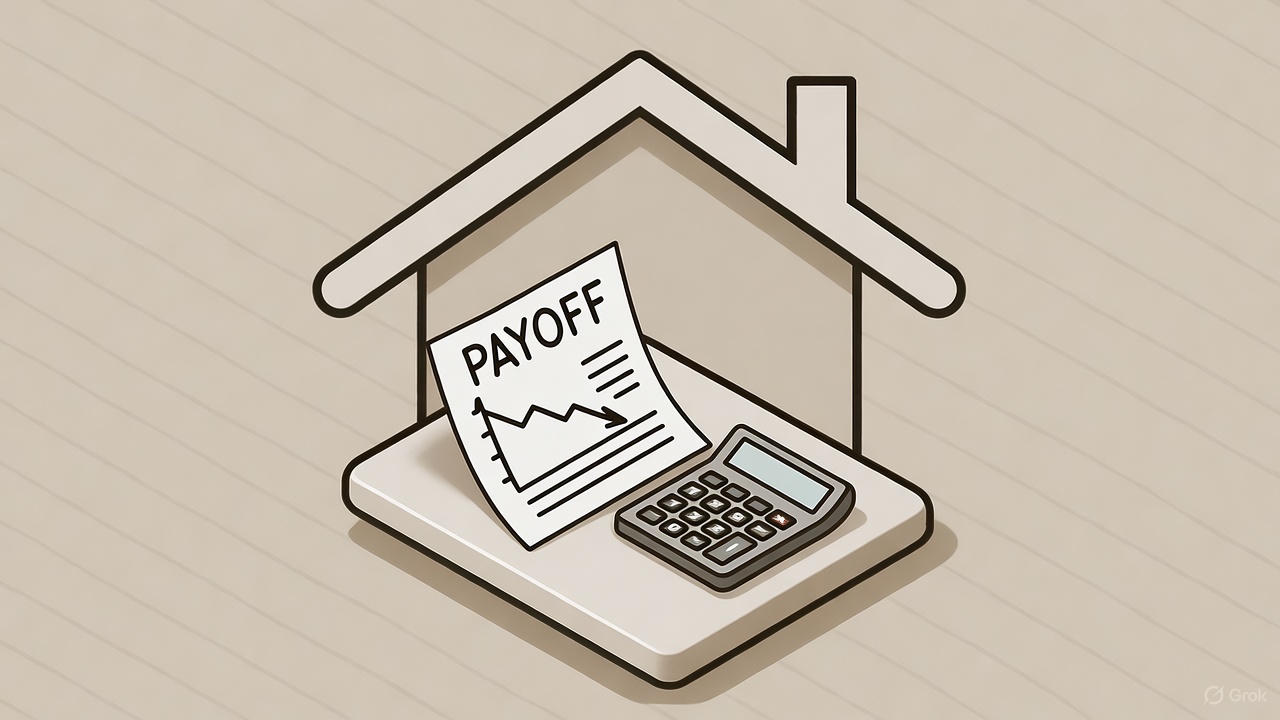Buying a home is exciting—right up until a tiny decision knocks your loan off the rails. Here’s your no-drama guide to the biggest “don’ts,” why they matter, and what to do instead.
1) Don’t open new credit (cards, Buy-Now-Pay-Later, furniture financing)
Why it hurts: New accounts = new inquiries, higher balances, lower average age of credit—your score can dip and your debt-to-income (DTI) can jump.
Do this instead: Wait to outfit the house after closing. If a card offer is too good to pass up, ask me first.
2) Don’t make large unexplained deposits (Zelle/crypto/cash)
Why it hurts: Underwriting needs a clean paper trail. Mystery money = pause button.
Do this instead: Keep funds in one or two accounts. If you must move money, document the source (paystubs, sale receipts, gift letter).
3) Don’t change jobs or go 1099 mid-process
Why it hurts: Income stability is king. A switch—especially W2 → 1099—can reset the clock on qualifying income.
Do this instead: If a move is unavoidable, talk to me before you sign. Sometimes a delayed start date or offer letter structure can save the file.
4) Don’t miss payments (even $12 ones)
Why it hurts: A single late can ding your score right when pricing and approvals are most sensitive.
Do this instead: Turn on autopay for every open account until you’ve closed.
5) Don’t co-sign for anyone
Why it hurts: The whole debt shows up on your DTI. “But they pay it” doesn’t count unless we can fully document 12 months of their payments.
Do this instead: Wait to be a hero until after you get the keys.
6) Don’t make big purchases (cars, appliances, engagement rings, pet giraffes)
Why it hurts: Big balances = higher DTI + lower reserves = weaker approval.
Do this instead: Price the fun stuff now, buy it later. Your future self thanks you.
7) Don’t switch banks or close old credit lines
Why it hurts: You’ll nuke your paper trail and shorten credit history.
Do this instead: Keep your accounts steady until after closing; we can streamline your setup afterward.
8) Don’t play yo-yo with your down payment
Why it hurts: Changing sources (gift vs. savings vs. sale proceeds) can trigger new documentation or re-approval.
Do this instead: Pick a source early. If using gift funds, follow the exact gift-letter and transfer steps.
9) Don’t ignore the pre-approval budget (or a rate lock decision)
Why it hurts: Shopping above your qualified payment or floating a rate without a plan can backfire if rates pop.
Do this instead: Treat your pre-approval like guardrails. If you want to stretch, let me rerun the numbers first; we’ll also discuss lock timing vs. float risk.
10) Don’t skip inspection or assume “we’ll refinance later”
Why it hurts: Hidden issues = surprise costs. And refinancing is never guaranteed—rates, values, and your profile may not line up later.
Do this instead: Get the inspection. Choose a loan you can live with today (including after any temporary buydown ends). If a refi becomes smart later, great—we’ll improve it.
Quick “Safe Buyer” Checklist
- Auto-pay on all bills
- No new credit or large deposits
- No job/income changes without calling me
- Keep funds parked; document gifts
- Stay within your pre-approval payment
- Lock rate with a plan, not vibes
- Always inspect; read repair/credit options
Want the Homebuyer Math Guide?
Understand payments, cash-to-close, points, buydowns, PMI/MIP, and breakeven—without headache.
👉 Request it here: One Home Buyer Math Guide, Please




